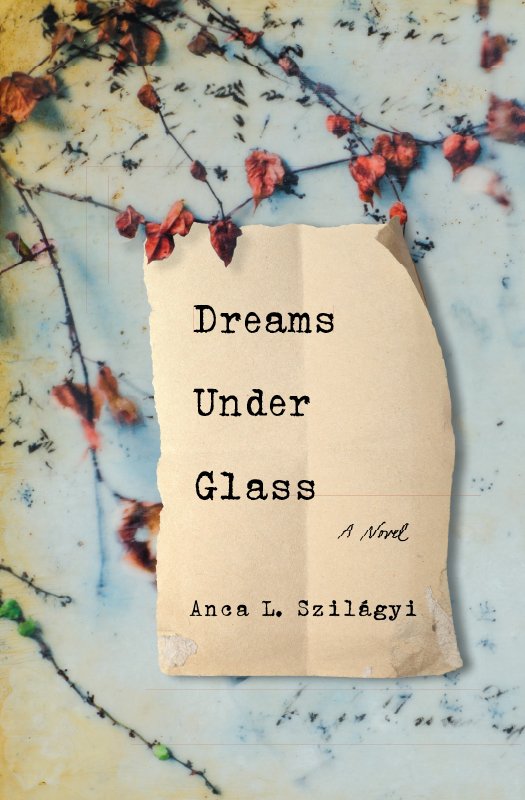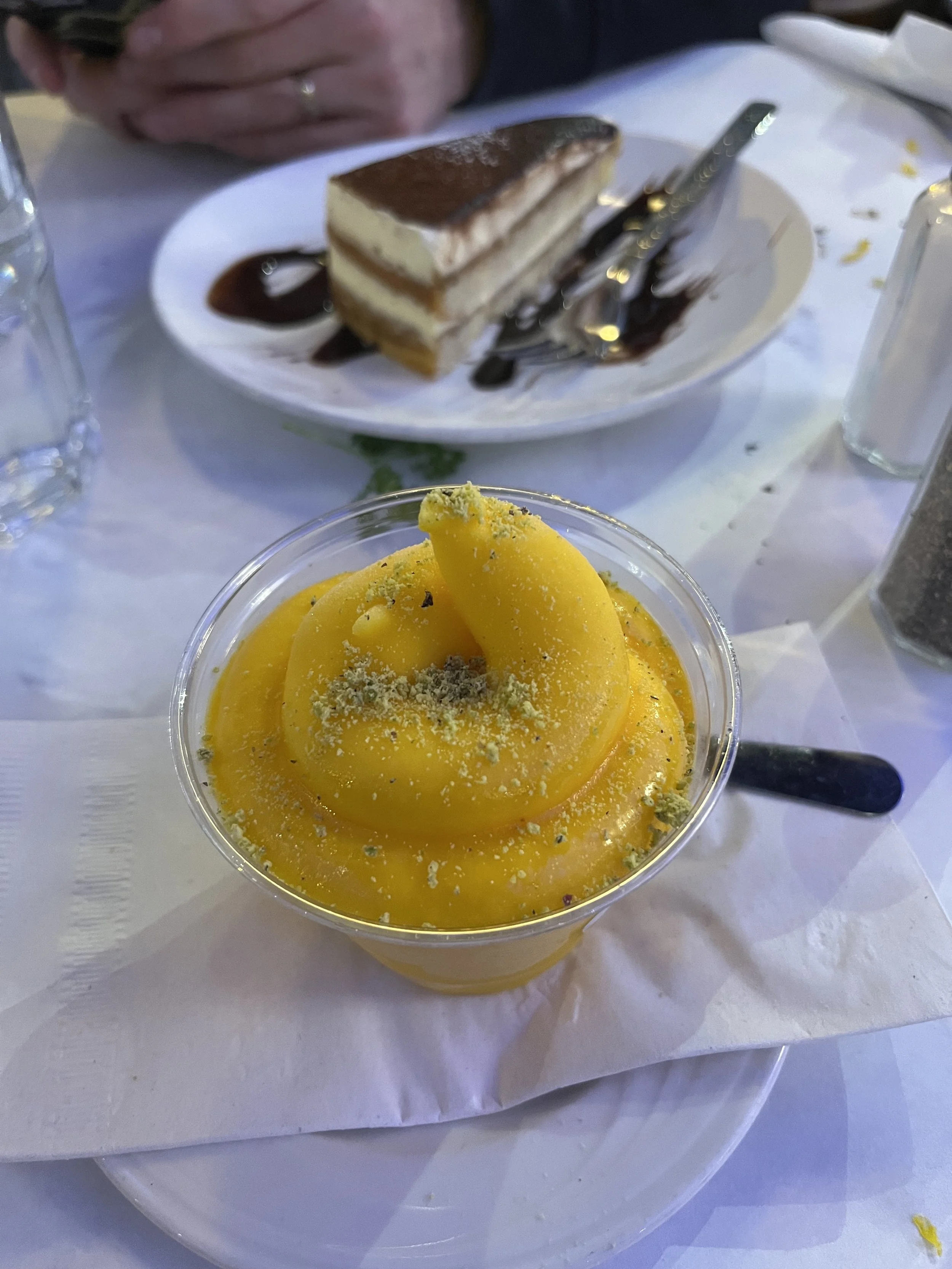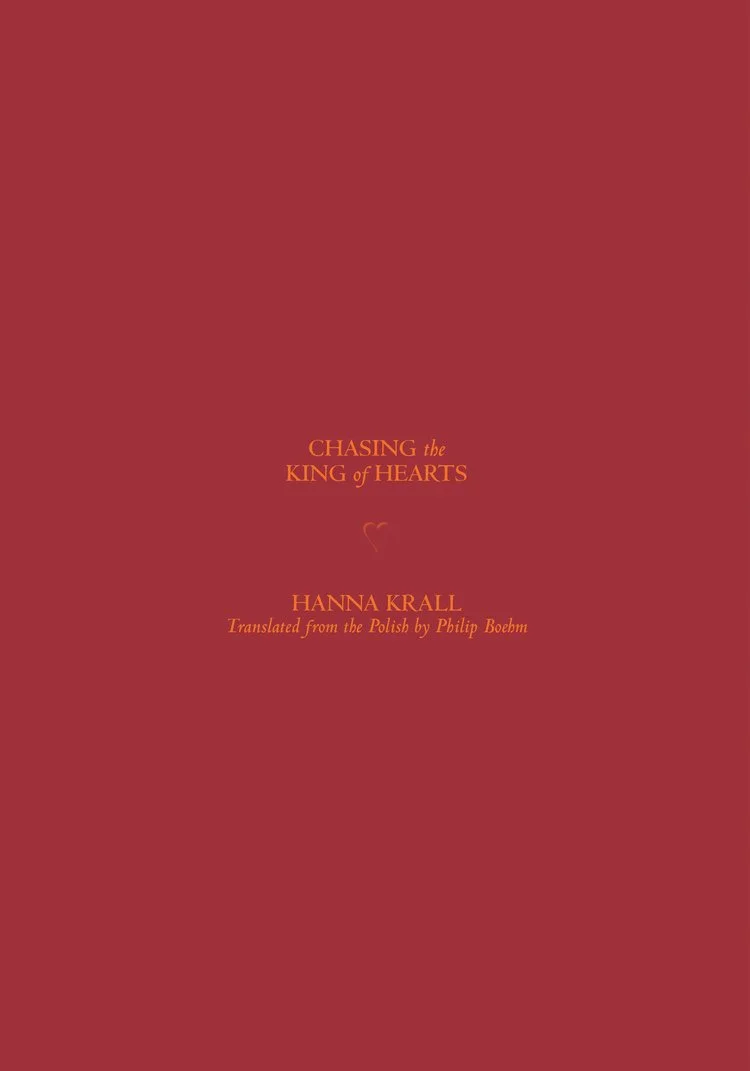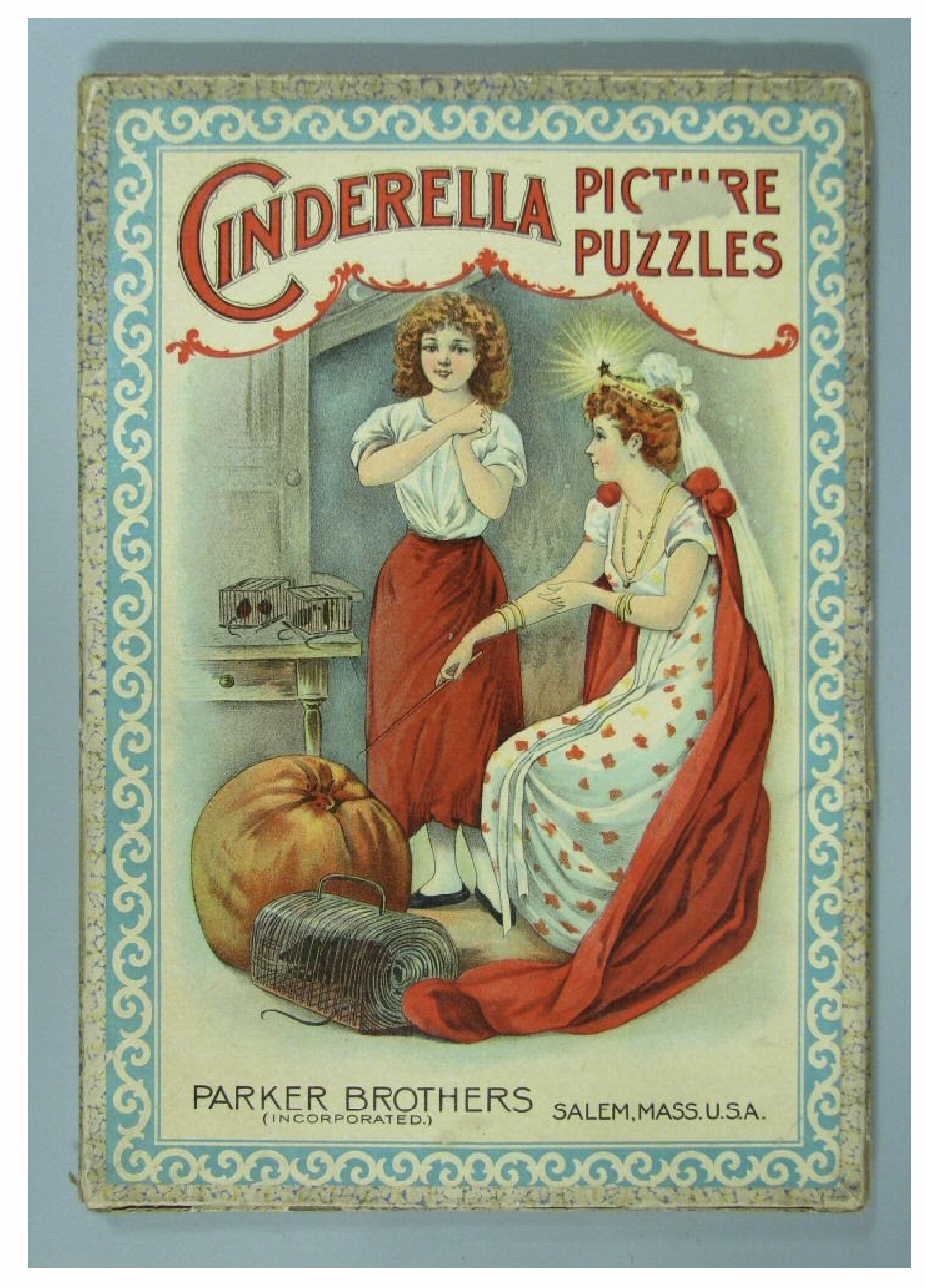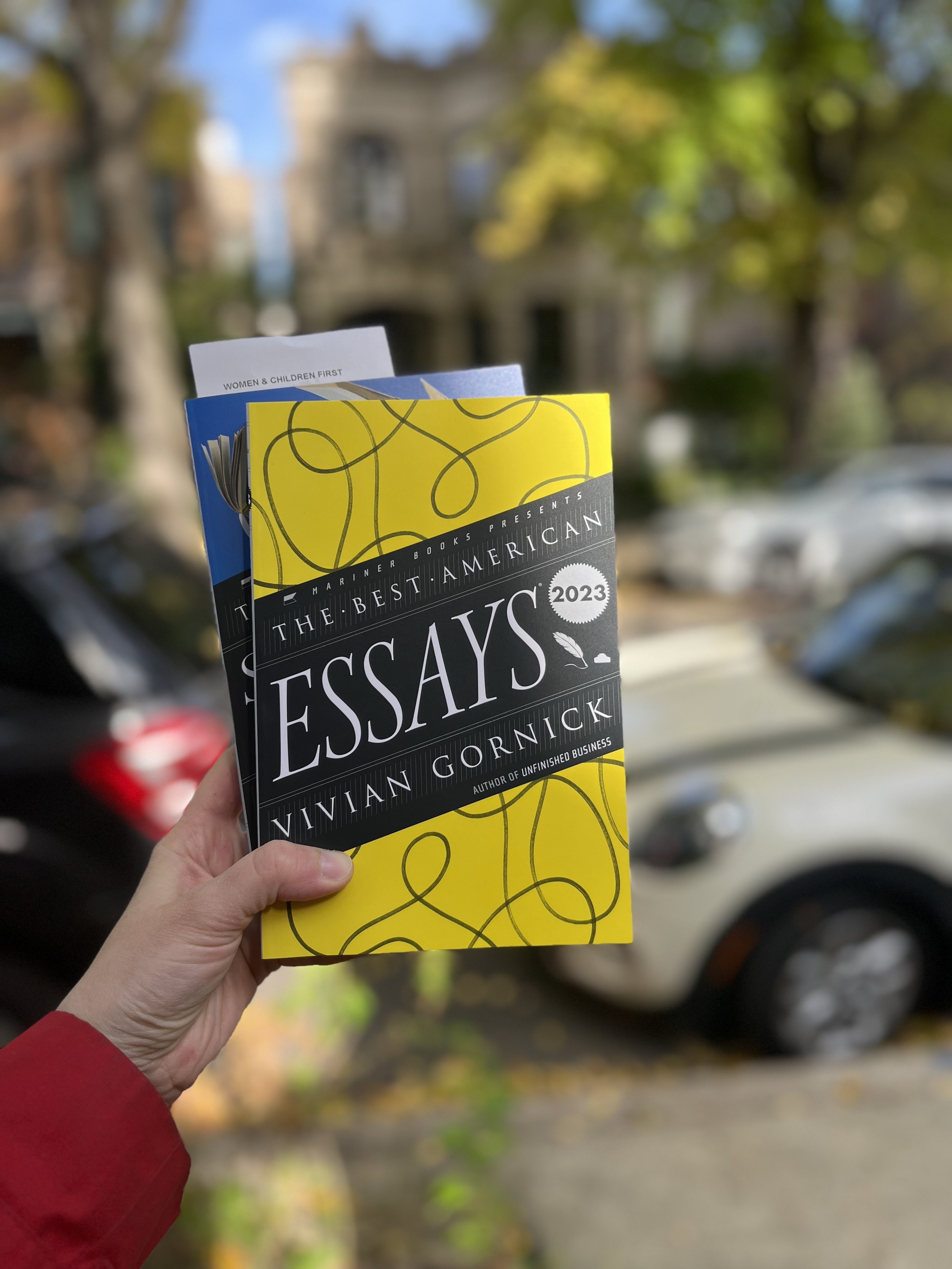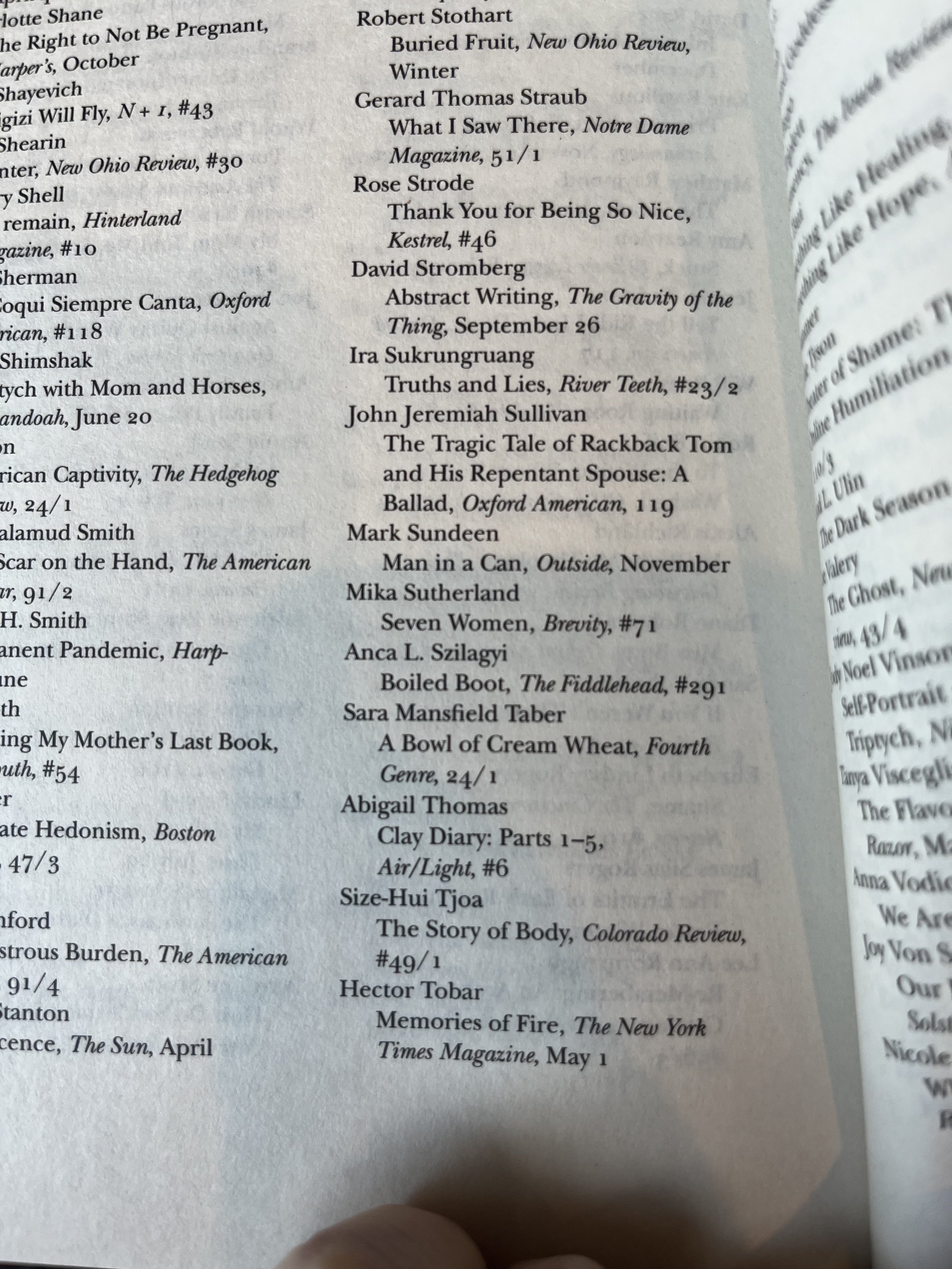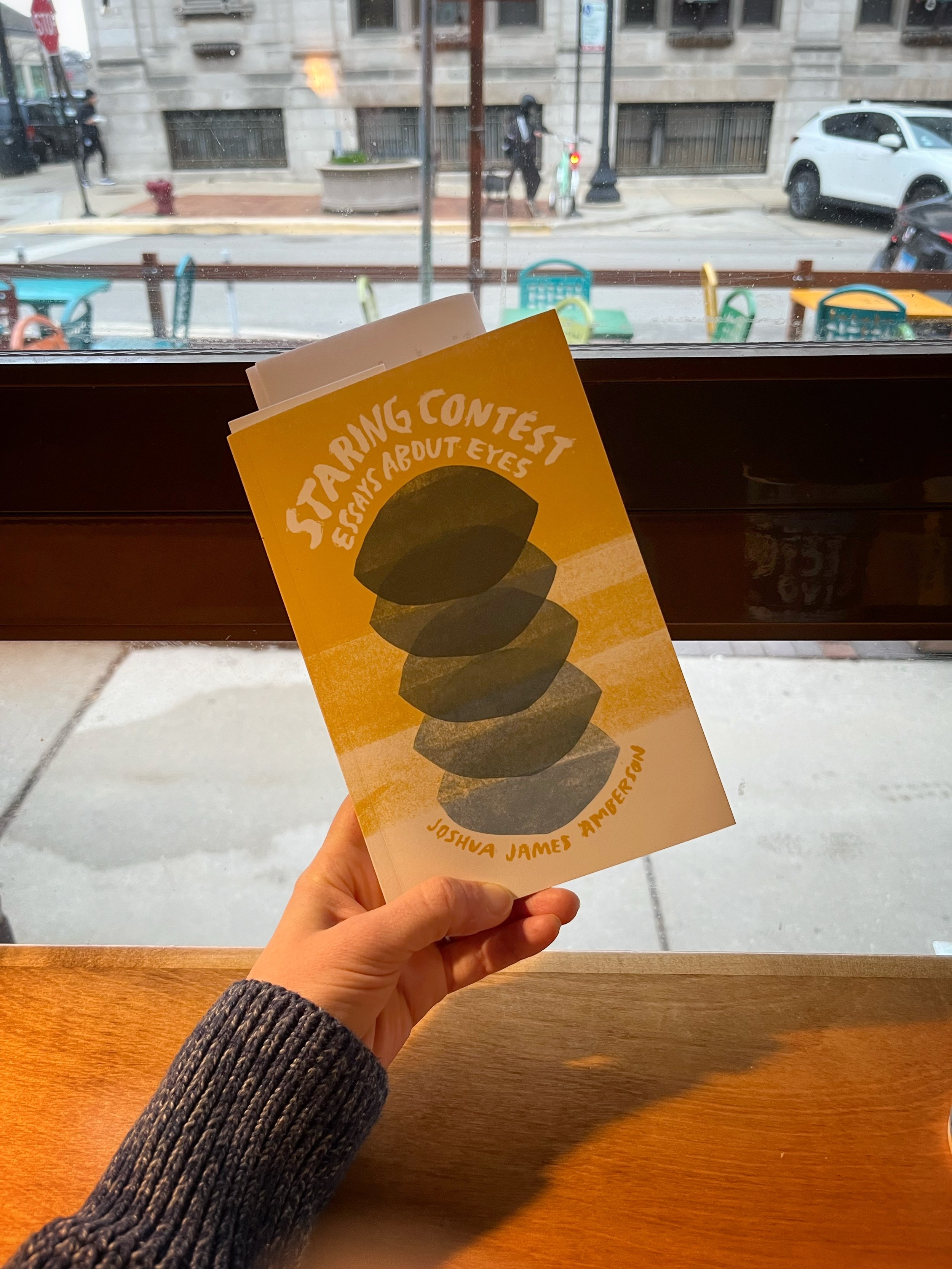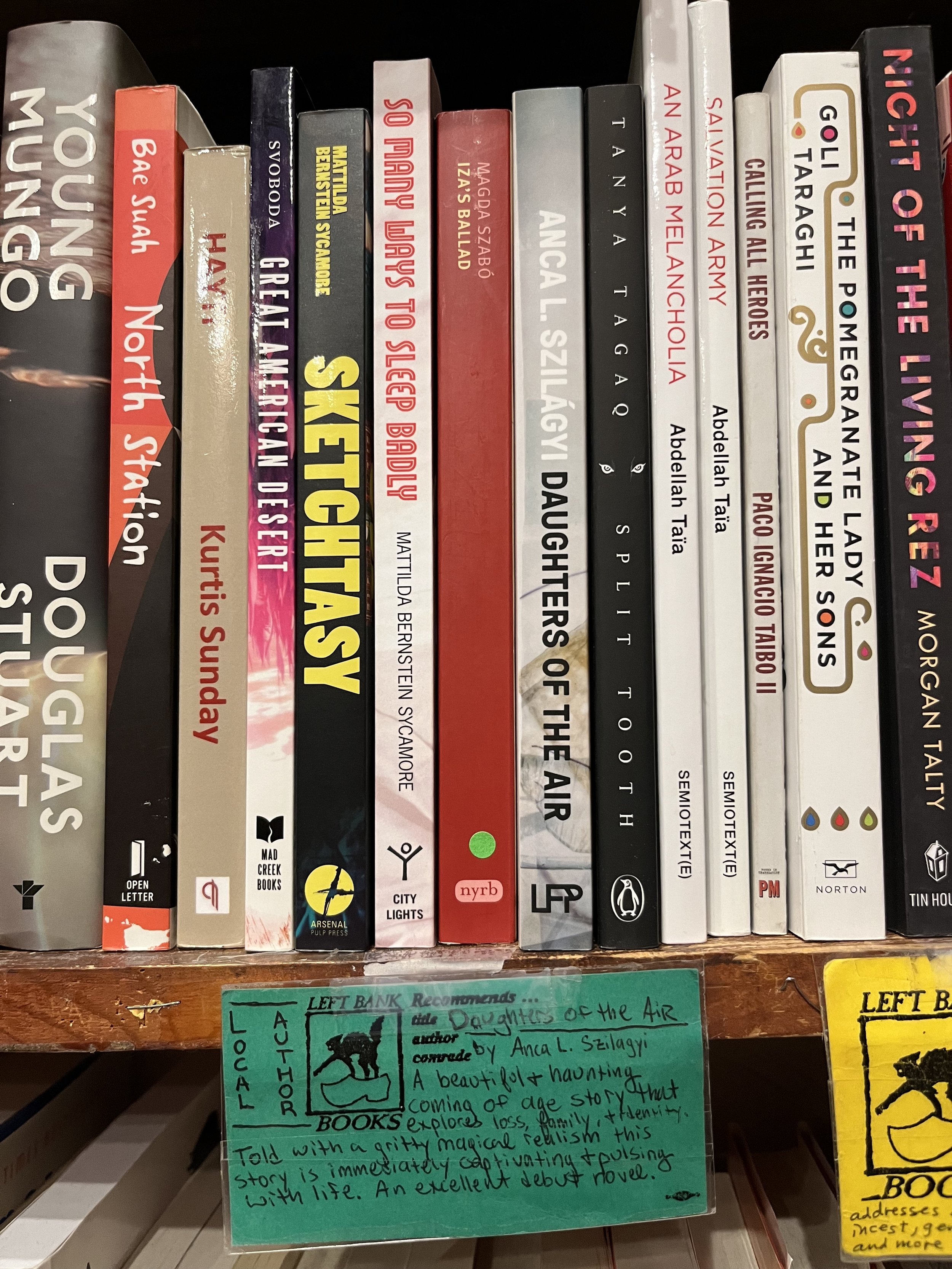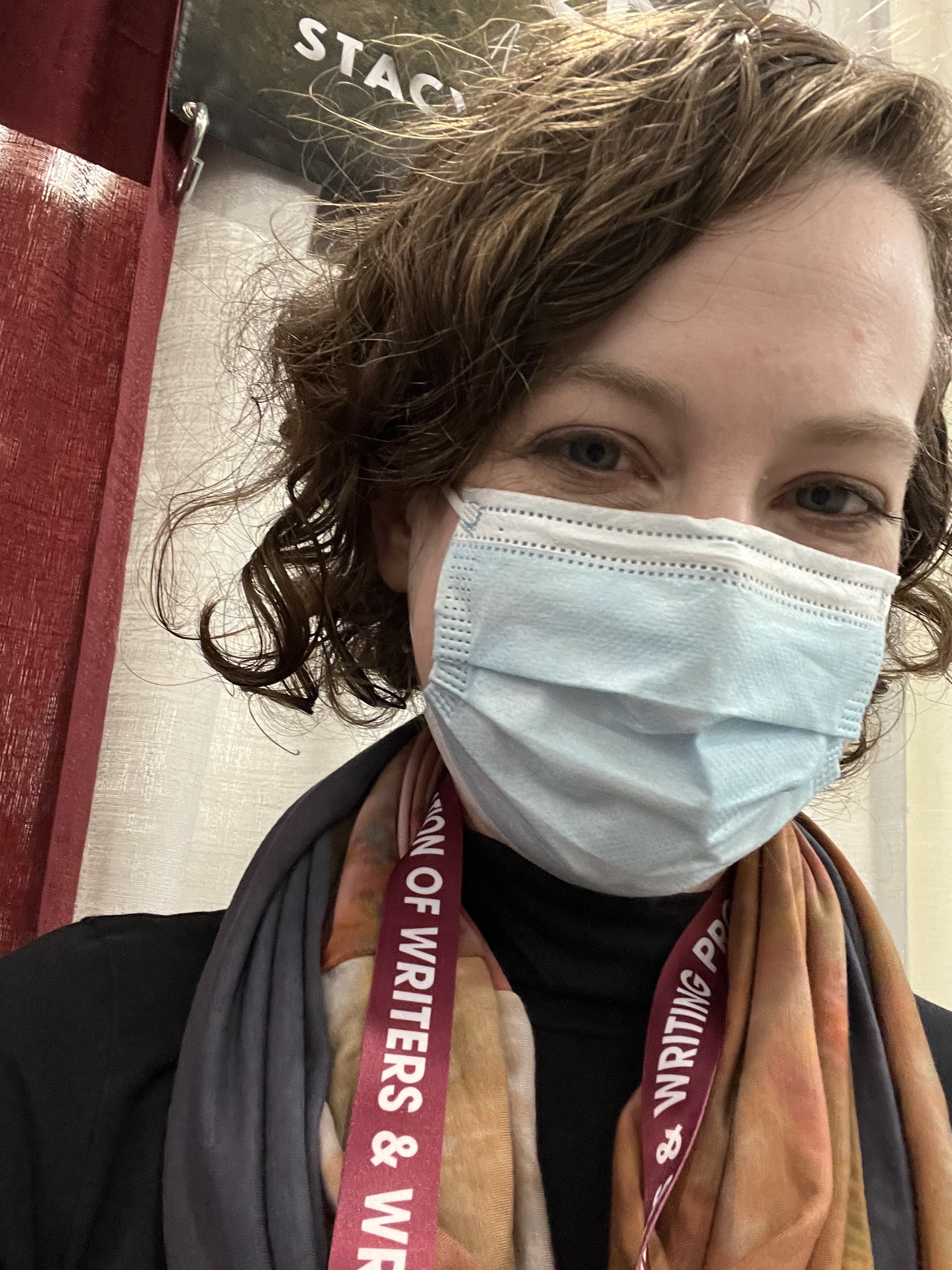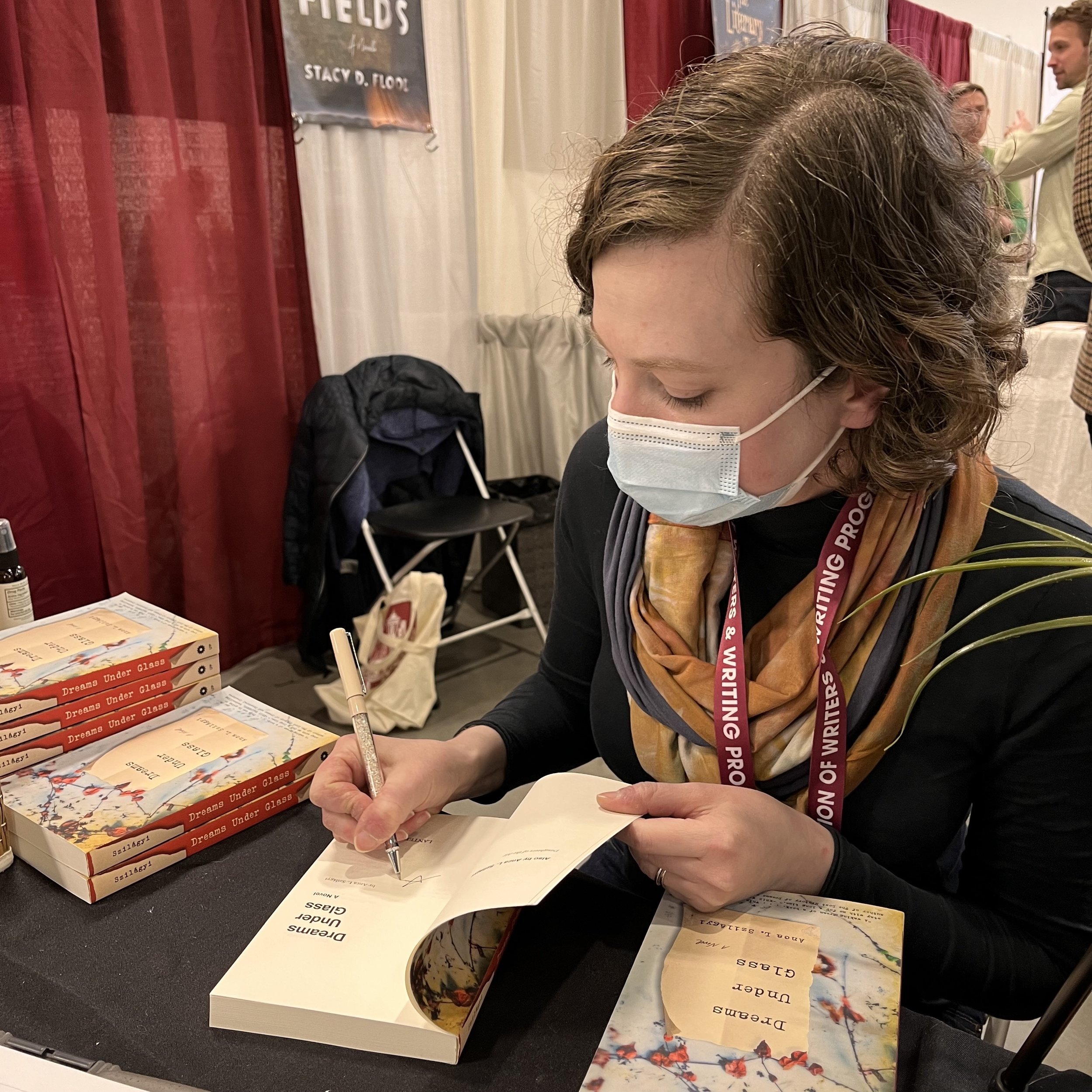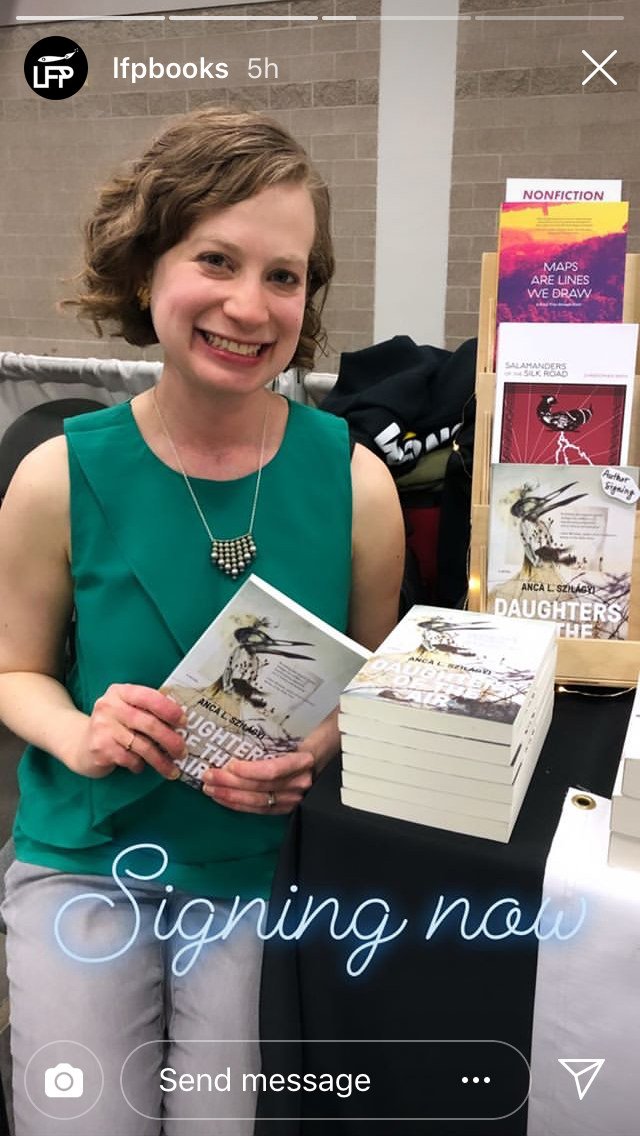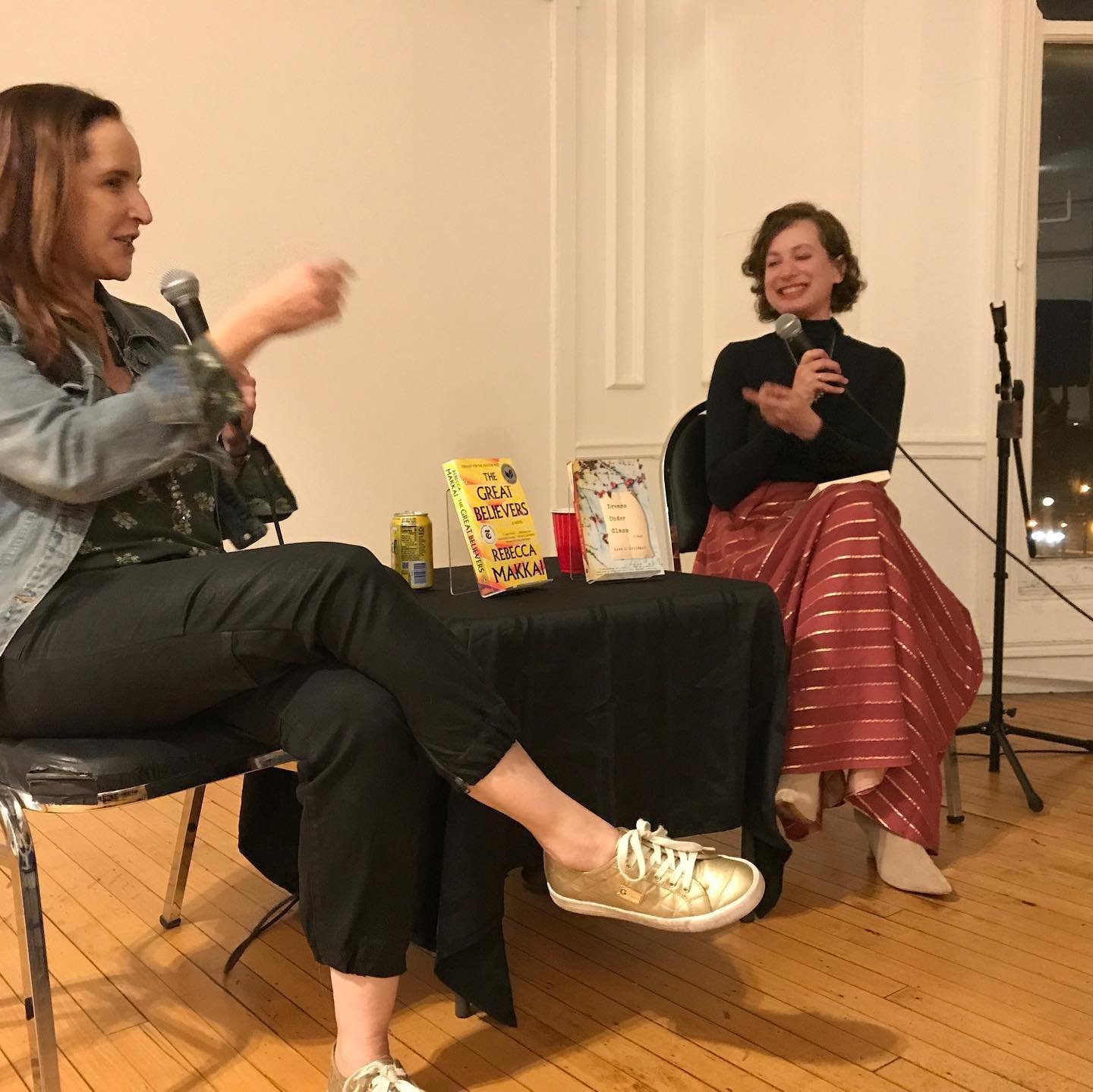I’m thrilled to share that the audiobook for Dreams Under Glass will release Fall 2024, and you’ll be able to purchase a copy through all major platforms or borrow one through your public library. Sound was a very important part of the composition of this book, both because I wanted it to sound “New York-y” in a way that felt homey to me and because I worked on it as a Jack Straw Writing Fellow in 2015, a program that trains writers for performance and voice recording. (You’ll see via the Jack Straw link that back then the work-in-progress was simply titled Paralegal. Titles are hard!) I am not the narrator of this audiobook—a professional narrator is—and I can’t wait to listen to their interpretation of my novel. Huzzah!
I’m happy to have a short, sweet article on saffron ice cream in the Best of Chicago 2023 issue of the Chicago Reader. It’s all about saffron ice cream as an anti-depressant! What more could you ask for? Well, I’ll tell you. I’m working on a longer essay on saffron as anti-depressant to include in my in-progress essay collection Cosmic Fruit. Gonna go break into the mini-tub of bastani I picked up at Dukan International Market last month to celebrate publication. Read the story here! I can’t wait to check out all the other fantastic recommendations.
Comprised of vivid vignettes, Chasing the King of Hearts (Feminist Press, 2017), a novel based on a true story, speeds across time and borders. Izolda is a Jewish woman in Poland who hides her identity during the Holocaust and strives to free her husband from Auschwitz. She often contemplates levels of blondness—”straw” blond hair in Jews with naturally blond hair, the ash blond she chooses to dye her brown hair, the peroxide blond of other Jews attempting to hide their identity, which she looks down on. A Gentile woman giving her temporary shelter tells her not to put her handbag on the table, which she says makes her look like a Jew—and consequently Izolda questions each gesture, expression, and minute detail—is this Jewish? Is that? She decides being Jewish is “worse” than being Polish and resolves to hide her identity after the war is over. This element of the novel is what really stuck with me, giving me visceral insight into a phenomenon I have often thought about—the post-war assimilation of Jews into Christianity or at least some vague secular non-Jewish identity. (In my own family, my grandfather changed his name from Schwartz to Szilagyi for this reason, though the name change came after the war; I wrote about that here.)
The novel bills itself as a story of survival, and Izolda’s luck and timing is often remarkable. This theme, with glances into the future when she is an elderly grandmother (and in fact no longer hiding her identity) is one of the elements that kept me hopeful as I read material guaranteed to depress. I also appreciated the afterword from Mariusz Szczygiel about the genesis of the novel and the real life Izolda, plus the afterword from Boehm on the laconic, intuitive fairy tale nature of the novel, no doubt the main reason I was so aesthetically taken with the book. The vignettes are occasionally confusing in terms of minor character, where Izolda is going, what she is trading for what (tobacco? sheets? stockings?), but I think it’s supposed to be confusing and if you go with the flow as in a fairy tale, it’s not a major stumbling block. In all, it’s an urgent book that I recommend!
I am thrilled to have signed with Erin Clyburn of Howland Literary! When I first read the invitation on the Howland website to “send her your weirds,” I knew there was strong potential. Her enthusiasm for my next novel and my food writing and my ideas for future books is all incredibly heartening. Here is her super kind Instagram post announcing that we’re working together—it’s a lovely sneak peek at my next novel!
Puzzle:Cinderella Picture Puzzle
Parker Brothers, ca. 1920
I’m thrilled to have a new essay online at Orion Magazine today, “All in the Pumpkins.” This is my third piece in Orion, and another essay from the collection I’ve been working on since 2013, on food and cultural memory. Here’s how it begins:
“I feel tender toward you, and not like that pumpkin we threw out today,” my husband said. It was October 2020 in Chicago.
I was very happy to learn that my essay “Boiled Boot,” which appeared in the spring 2022 issue of The Fiddlehead, is listed as a notable essay in Best American Essays 2023, edited by Vivian Gornick and Robert Atwan. Thanks to Liz Prato for letting me know and many thanks to Rowan McCandless and The Fiddlehead for the publication and nomination! This essay is part of an in-progress collection on food and cultural memory. Stay tuned for a new essay coming out in Orion in a few weeks!
Happy first book birthday to my second book baby, Dreams Under Glass! I am so grateful for the love this book has received from readers, bookstores, and book reviewers. Thank you for buying, reading, reviewing, suggesting your library obtain a copy--it means so much to me!
Thank you to the fantastic independent bookstores carrying my second book baby on their shelves:
In Chicago: Exile in Bookville, Women & Children First Bookstore, RoscoeBooks, & The Understudy Coffee and Books.
In Seattle: Elliott Bay Book Company, Third Place Books, & Queen Anne Book Company.
Of course, thank you to my fantastic publisher, Lanternfish Press! You are all such a joy! More exciting news to come... In the meantime, some highlights from the past year in the pictures below.




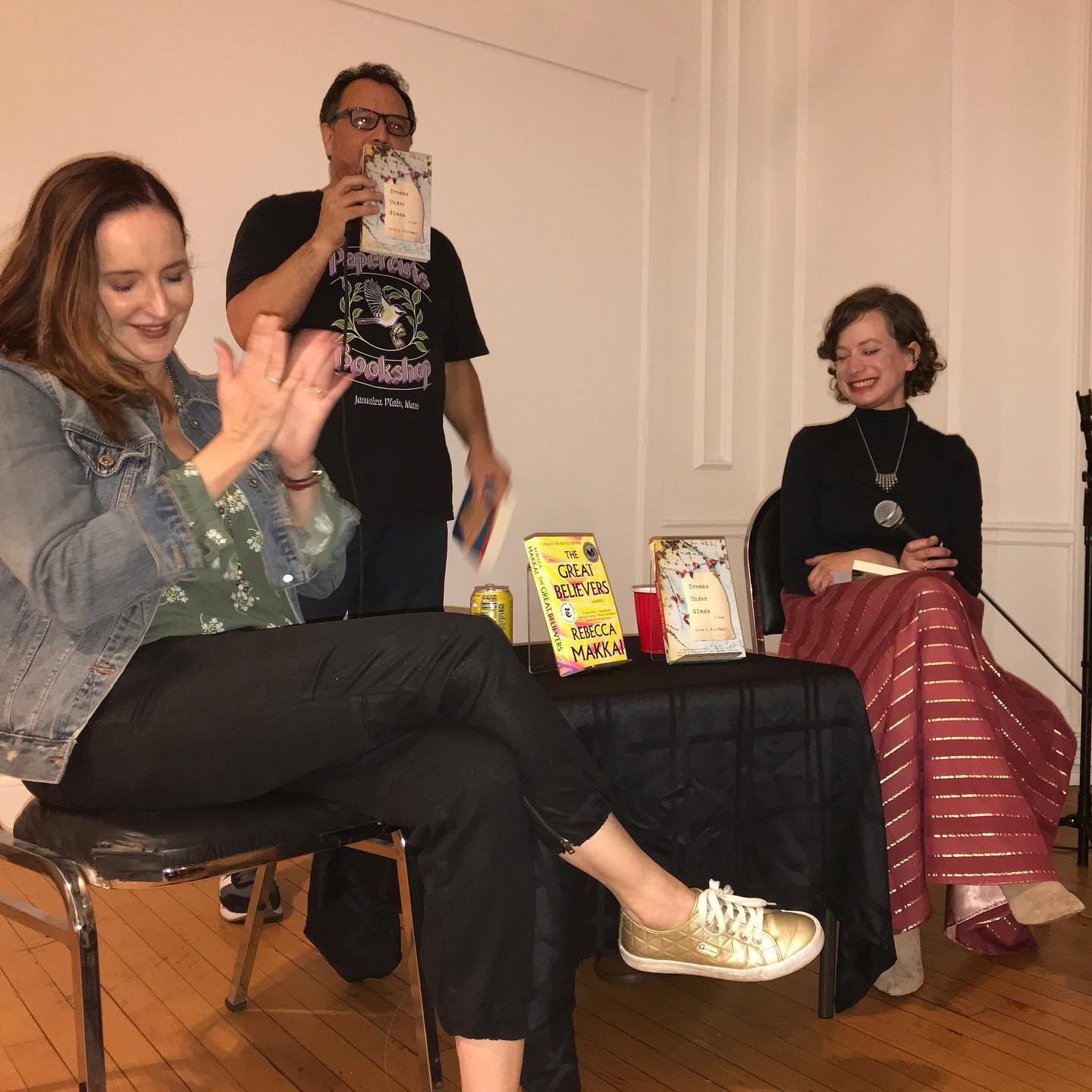

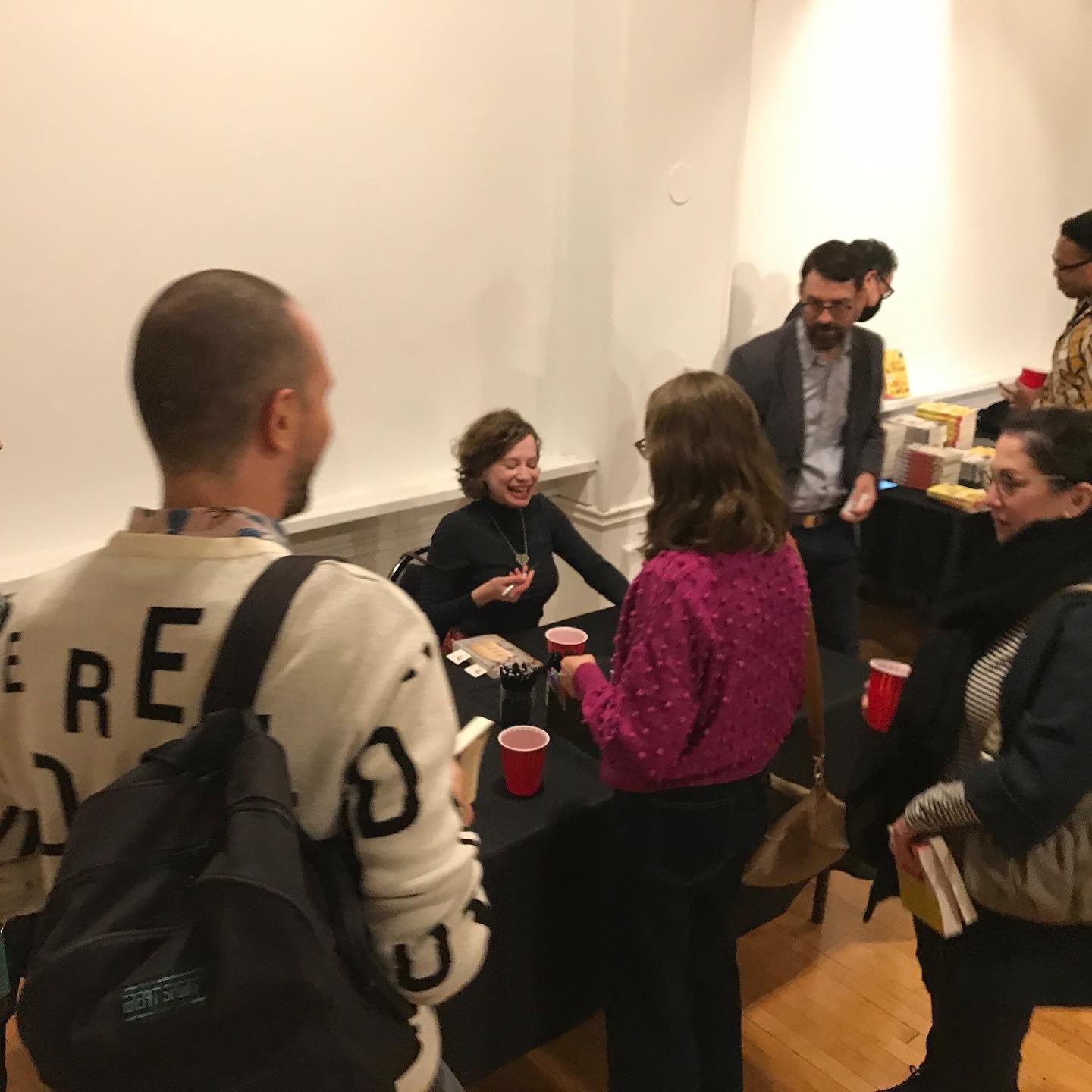
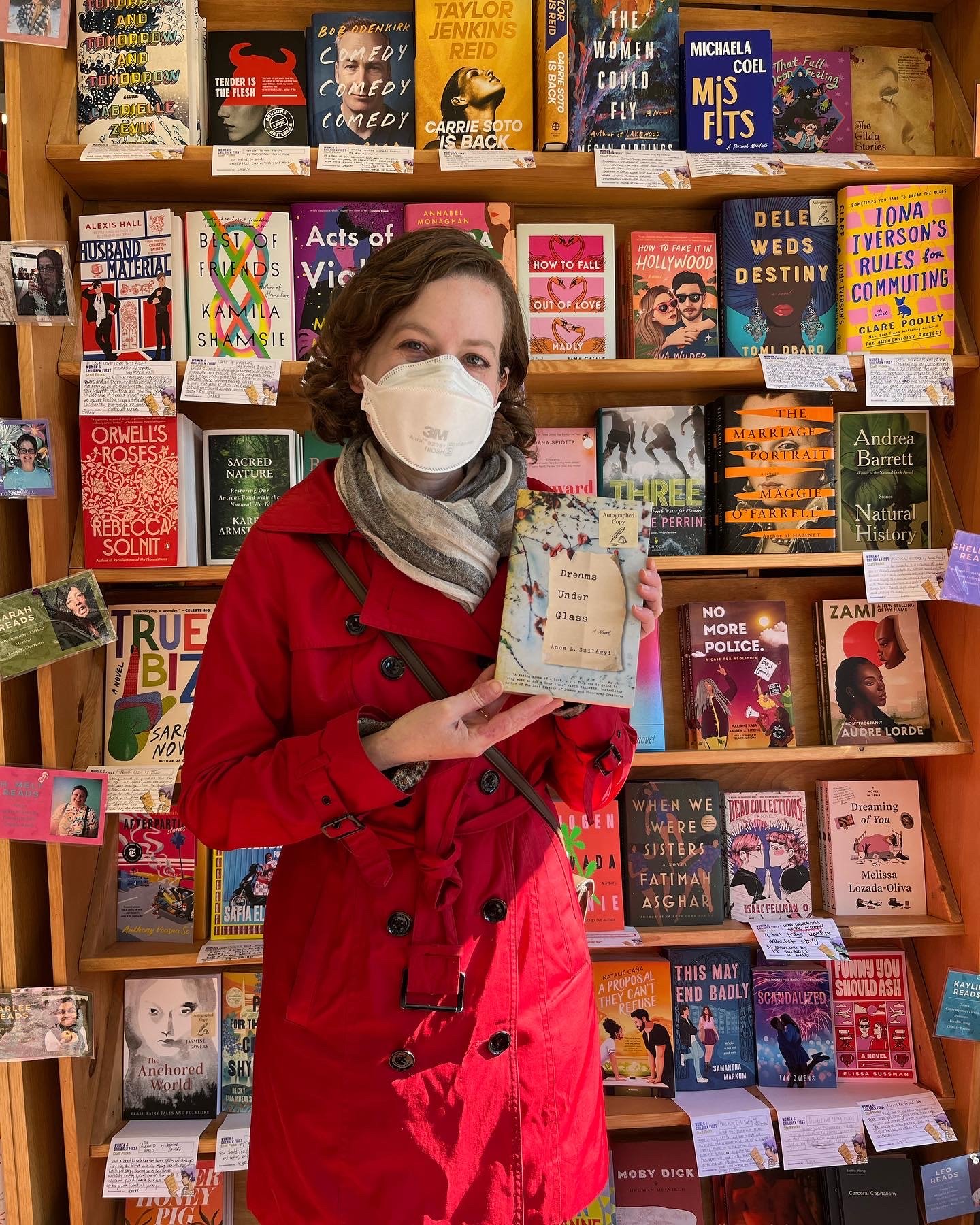

By skin of my teeth I am getting this Women in Translation Month blog post out into the ether. I thought it would be cute to read Fernanda Melchor’s Hurricane Season after reading Laurie Colwin’s A Big Storm Knocked It Over. Colwin’s essay collection Home Cooking was a great comfort to me and, not surprisingly, there was so much to love about her last novel, which is the first novel of hers that I read. At the same time, I can see issues of race in this 1992 novel that feel a bit out-dated, but I can relate to the protagonist’s anxiety as a Jew and her desire to belong.
The transition to Melchor’s 2016 novel Hurricane Season (translated in 2021 by Sophie Hughes) was not at all cute. That novel is as intense as its title suggests and then some. The chapters are long and devoid of paragraph breaks, creating textual claustrophobia as the cherry on top of the unrelenting anger, violence, misogyny, lust, and homophobia that wreaks havoc on a poor Mexican village where, at the opening of the novel, a witch has been murdered. The lack of paragraphs reminds me of László Krasznahorkai’s novel Satantango (trans. George Szirtes), another novel of unrelenting darkness, but that one moved like suffocating sludge, whereas Melchor’s novel is more propulsive (if also increasingly horrific in its violence). I would not recommend Hurricane Season to the faint of heart, but if you can handle a dark story that will get you outside of your comfort zone and show you a desperate corner of the world, and if you’d like to see how the author manages a different point of view in each chapter (with something of a dusky reprieve by the end), definitely check it out.
A hand with a blue knit sleeve holds up Staring Contest: Essays About Eyes, by Joshua James Amberson. The book cover has a yellow background with five blue-gray ovals suggestive of eyes overlapping down the middle. In the background are yellow and blue metal cafe chairs on a sidewalk and across the street and stone building and lit up yellow lamp attached to the building.
I’m excited to share my first book review since March 2020. Joshua James Amberson’s moving and illuminating essay collection Staring Contest explores vision and vision loss and in the review I talk a little bit about my own experience facing vision loss. (If you want to read more about that, my essay “Vision Loss and the Ekphrastic Novelist” is over here in Poets & Writers Magazine.) Here’s how the review in the Chicago Reader begins:
As a young child, Joshua James Amberson purposefully blurred his vision. He believed haziness suggested the otherworldly; it provided an escape from reality, such as the realities of growing up working class in rural Washington.
Dreams Under Glass at Elliott Bay Book Company; Daughters of the Air, a staff pick at Left Bank Books,; practicing my smize; the traditional book haul on hotel bed picture; signing books at the Lanternfish Press table.
Coming back to Seattle for AWP after having moved away nearly four years ago stirred up all kinds of feelings. I’m glad I decided to make a very specific plan to keep feelings of overwhelm in check. Bright and early on Thursday morning, I started with a panel on medical memoir as I think ahead to expanding my pieces in Newsweek, Healthline, and Catapult into a book (though to be clear, that book would be far in the future).
Health and Illness Narratives: Harnessing Medical Memoir to Impact a Broken System
Featuring: Mary Pan, Emily Maloney, Rana Awdish, Emily Silverman, Suzanne Koven
Each of the panelists at this discussion are both writers and health care practitioners, and each read briefly before the discussion began. Emily Silverman, who runs The Nocturnists, a storytelling community for healthcare workers, read an uplifiting piece from JAMA titled “Comic Relief,” about meeting her idol Kate McKinnon. Emily Maloney read a tense excerpt from her essay collection The Cost of Living, about being a 23-year-old ER tech working at a hospital under the cloud of an enormous debt while carrying her own medical debt from an attempted suicide at age 19. Rana Awdish read a troubling excerpt from her memoir In Shock, about a terrible abdominal surgery done partly without anesthesia and being accused of being a drug addict. Suzanne Koven, author of Letter to a Young Female Physician read “The Doctor’s New Dilemma,” about struggling to ration out her time and emotional energy. Mary Pan read a harrowing memoir of her husband trying to get psychiatric help for paranoia and suicidal ideation and being told he’d have to wait at least a week—until she got on the phone and used her knowledge of the healthcare system to get him an appointment the next day—I still remember the image of him drawing the tip of a pair of scissors on his arm after she returned from nursing their eight-month-old child. What an image.
The panelists talked about the importance of storytelling. Awdish said that during the pandemic, the disbelief in science would have made her less compassionate toward patients who didn’t mask or get vaccinated, if she hadn’t also maintained a practice of storytelling and writing. Koven said the healthcare system dehumanizes patients, caretakers, and families but storytelling rehumanizes them; Easy Beauty is a memoir that helped show physicians they had no training for caring for patients with disabilities. Maloney said that helping healthcare workers tell their stories will help them advocate for improving the healthcare system. Awdish added that flipping between the point of view of patient and physician helped show her systemic problems in the healthcare system. I loved this quote from Suzanne Koven, who wasn’t sure if she read it somewhere or just came up with it: A doctor’s account of illness is a Victorian novel spanning many years but a patient’s account is a Virginia Woolf novel where every moment matters.
They also talked about voices that need to be included in the canon of illness narratives, which seem to be dominated by male physicians. We need to hear more from female physicians, patients, care givers, family members, cafeteria workers, medical helicopter pilots, and so on. An audience member asked about the ethics of patient memoir and whether that is self-exploitative. Maloney, who has a background in bioethics, said there really isn’t the same restriction as with a healthcare practitioner writing about patients; just write something honest and true that supports your experience, and don’t think about whether it is “too much” until after you’ve written. Suzanne Koven quoted Anne Lamott: “Tell the story, we’ll call the lawyers later.” A comment from the audience also brought up medical apartheid; the audience member said she’d been writing poetry but was considering switching to essays to find a broader audience; the panelists recommended Under the Skin: The Hidden Toll of Racism on Health in America and Take My Hand a novel by Dolen Perkins-Valdez about the forced sterilization of African-American women. I hope that member of the audience gets their stories out.
This was an excellent panel and I’m glad it was early on in the conference before I got too tired!
The Lyric Essay as Resistance: A Reading and Celebration
Featuring Chloe Garcia Roberts, Chelsea Biondolillo, Molly McCully Brown, Hea-Ream Lee, Michael Torres
This reading celebrated the anthology The Lyric Essay as Resistance from Wayne State University Press. As I could have anticipated, I was already tired and did not take as many notes though it was very lovely to listen to each of the readers. I appreciated the panelists defining “resistance” in a number of ways. Lee called it resisting against forms, focusing on images and moving fluidly among timelines. Torres talked about arranging memories non-linearly. Brown asked: what shapes, architectures, bodies are you not seeing on the page—keep the lyric essay wild. Lee mentioned that expansiveness of form allows for invention. This was all reassuring as I bumble around in my lyric essay collection figuring out what feels right for each piece. Onward!
A Very Important Karaoke Party
During the day on Friday, I had a lovely time signing books at the Lanternfish Press table (some pictures above) and it was so nice to meet people who’d read the book or were eager to. Then that night I went to A Very Important Karaoke Party, a night of parody songs around the theme of the writing life at Hugo House. Paulette Perhach organized the event and I was delighted to help write a song based on “Under Pressure” called “Little Green Monster,” all about envy (and forgiving yourself and trying to overcome it). It was fun to see someone else belt it out with a fake Freddie Mercury mustache and very cathartic to sing along with all the songs in the back of the room where no one could hear my individual voice (the only way I will do karaoke!).
I am sure there are many more things I could have mentioned here about trip, but dang if I go on & on. It was great to reconnect with so many folks from my life in Seattle and I hope we can get back sooner than in four years. And I can’t wait to dive into the delicious books we acquired at the book fair (pictured above). If you went to the conference, feel free to share some highlights in the comments!
Will you be at #AWP23 in Seattle? Come by the Lanternfish Press table in the book fair (#432) and say hi! I’ll be signing books on Friday, March 10 from 1-2 pm.
I’m so delighted to see Dreams Under Glass included in this Buzzfeed Books list by Wendy J. Fox, “17 Recent And Upcoming Books From Indie Publishers You Need To Read,” among so many great books. Fox writes:
Dreams Under Glass captures both the struggle between art and economic stability and the deeply precarious nature of simply staying alive. A novel for our modern times.
See the whole list here.
I’m grateful to Alex Carrigan for this kind review of Dreams Under Glass in Necessary Fiction. I so appreciate how different reviewers have highlighted different aspects of the novel, whether the creative process, Jewish identity, the romance, or here, the power dynamic of work:
One of the novel’s central themes is how forces beyond an artist’s control can stymie both art and artist. Binnie works in the Lipstick Building, which housed Bernie Madoff’s organization and was at the center of the housing market collapse. Her firm is run by three people who are set in their ways and comfortable throwing their wealth and power around. Binnie may enjoy the fruits of their occasional generosity—chocolates in the break room, free opera tickets—but her bosses demand ever more in return for these perks, which they use to wield power over Binnie.
Read the full review here.
I’m honored by this gorgeous review of Dreams Under Glass by Amy Reardon in Barrelhouse. She writes:
”the novel delivers the reader into that lost-in-the-tunnel period of the creative process, that desperately empty space before the art reveals itself.” And:
Unfortunately, Binnie’s days—her subway commute, her day job, her new lover—all conspire to pull her away. Which brings us to the brilliance of this novel: the further Binnie drifts from her dioramas, the harder they pull at her from inside. The central conflict of the novel appears when Binnie reckons with that sizzling space between wanting to create and actually creating.
Read the whole, thoughtful review here.
I’m grateful to Isla McKetta for her thoughtful review of Dreams Under Glass, which she calls engrossing, fascinating, and touching. Here’s a fun excerpt:
I won’t reveal the major shift that happens toward the end of this book, only that there is one and that I’ll never think of the color turquoise quite the same way again.
Read the full review (plus a review of Dorthe Nors’s essay collection A Line in the World!) here.
A few pictures from the launch party for Dreams Under Glass at Exile in Bookville: Javier Ramirez introducing the book, chatting with Rebecca Makkai, and signing books.
As one might anticipate from my end-of-the-year post of 2021, parenting a toddler has been the almost-all-consuming phenomenon of 2022. As my son approaches the age of two, the vocabulary explosion is a wild ride. He can repeat most words (careful what you say!) or will try to in an extraordinarily cute manner. The simple sentence that melted my heart last week: “Nene read it.” (“Nene” is the nickname he came up with for himself.) But my writing life did not come to a halt either.
In the spring, The Fiddlehead published my essay “Boiled Boot,” exploring the intergenerational trauma of wartime starvation in my family. The essay is in print only, but will be part of the collection of lyric essays on food and cultural memory that I’ve been working on the last several years. In the summer, The Fiddlehead published my appreciation of Scholastique Mukasonga’s novel Our Lady of the Nile, which you can read here.
The big publishing event of my year was, of course, the release of my second novel, Dreams Under Glass, from Lanternfish Press. I’m grateful for positive reviews from Newcity, which called it “sensitive, unsettling” and “revelatory” and from Windy City Reviews, which called it an “engaging…impressive tale.” You can watch me read a couple excerpts from the novel at recorded events on my YouTube channel.
In conjunction with the release of Dreams Under Glass, I wrote three companion pieces:
In “Vision Loss and the Ekphrastic Novelist,” published online in Poets & Writers Magazine, I reflect: “In artist statements, I have often written that in my work I am trying to capture what’s fleeting, but I had never contended with the possibility that this would include my own vision.”
For Monkeybicycle’s “If My Book” column, I compare Dreams Under Glass to weird things, for example: “If Dreams Under Glass were a breed of dog, it would be a Chow Chow with a Pomeranian complex.”
In “I Had a Mysterious Infection, It Changed the Course of My Life,” published in Newsweek, I explore how a month as in-patient at the National Institutes of Health back in the summer of 2001 made a significant impact on my life.
Another highlight of the year was having my story “Street of the Deported” included in Lilith Magazine’s first ever anthology, Frankly Feminist, collecting 45 years of Jewish feminist fiction. The story won first prize for the magazine’s 2017 contest. It’s a thrill to see the anthology available in 148 libraries worldwide.
The final highlight of the year was a gift I gave to myself in anticipation of the stress of publicizing Dreams Under Glass. I hired my friend and fellow University of Washington MFA alum Piper J. Daniels, author of the essay collection Ladies Lazarus, for help with my own essay collection. I couldn’t be happier with the progress I’m making on that project! I’m dedicating the first two weeks of 2023 to my writing, tackling a revision of my third novel and drafting a few more pieces of flash nonfiction for the collection. In the fall I’ll have some new essays out and I’ll happily share more details here when I can.
I hope you had a marvelous 2022 and look forward to a fantastic 2023! I know these past few pandemic years have been trying, but taking a moment to reflect on all the good is always a balm.
Five years ago today, my debut novel Daughter of the Air was born. It was 15 years in the making (yowza) and the launch party was that very night at the beautiful Hotel Sorrento. I was in conversation with my dear friend Corinne Manning. What a cherished memory!
It’s been such a joy to see my book make it’s way out in the world. I’m grateful for all the praise it’s received, including this generous response from acclaimed Pulitzer-finalist and MacArthur genius Karen Russell:
"What a strong song Daughters of the Air is, a chilling and beautiful novel that has left its indelible mark on me—I am simply in awe of Anca Szilágyi's prose, her Calvino-like gift for illuminating the darkest subjects, and her fearless, fever-bright imagination."
You can order copies from your favorite local bookstore or choose from one of my favorites like Elliott Bay Book Company, Powell’s, Exile in Bookville, and Madison Street Books (which still has a signed copy!). Here are a few photos from that night (full photo album on Facebook here).

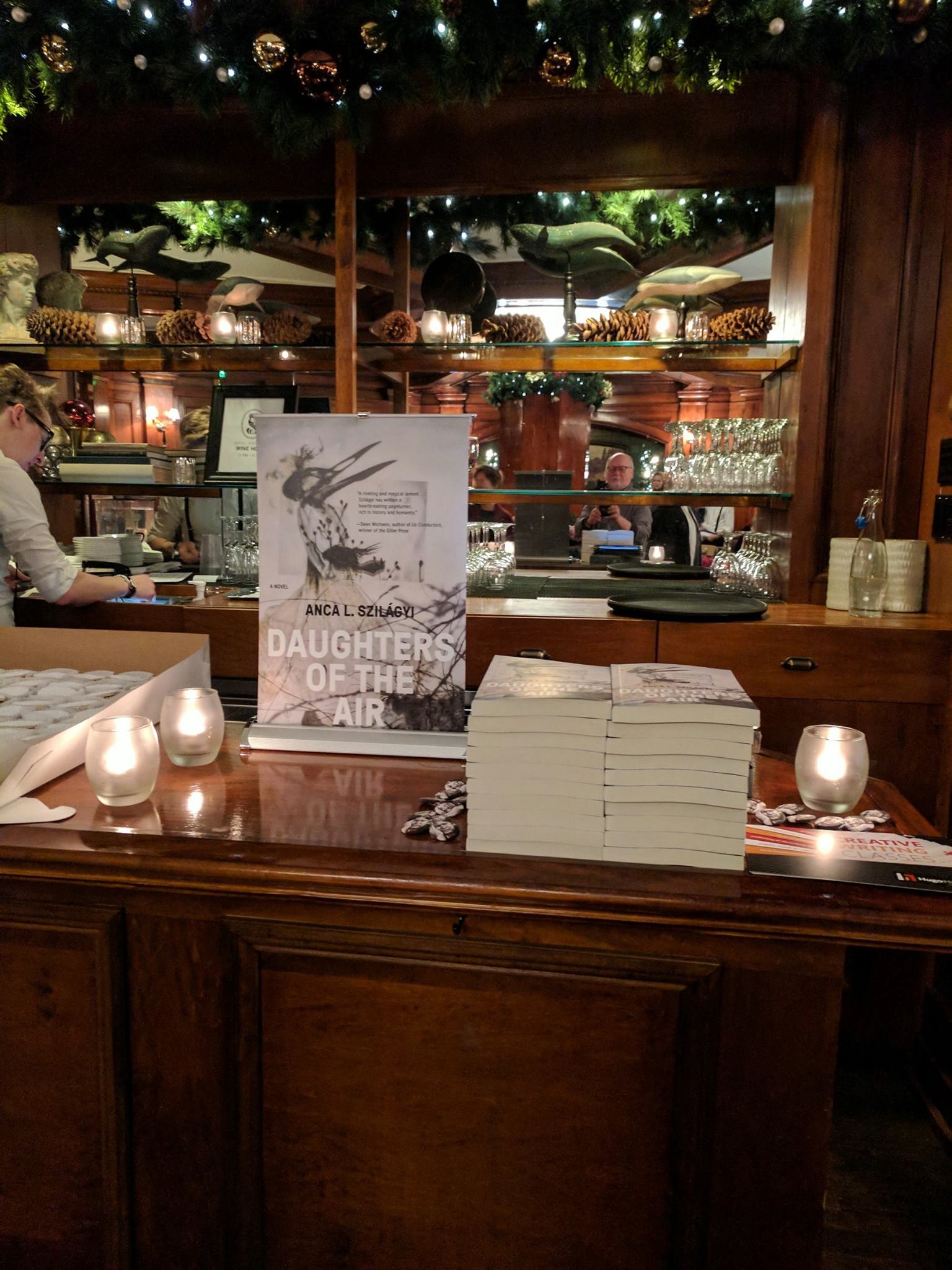
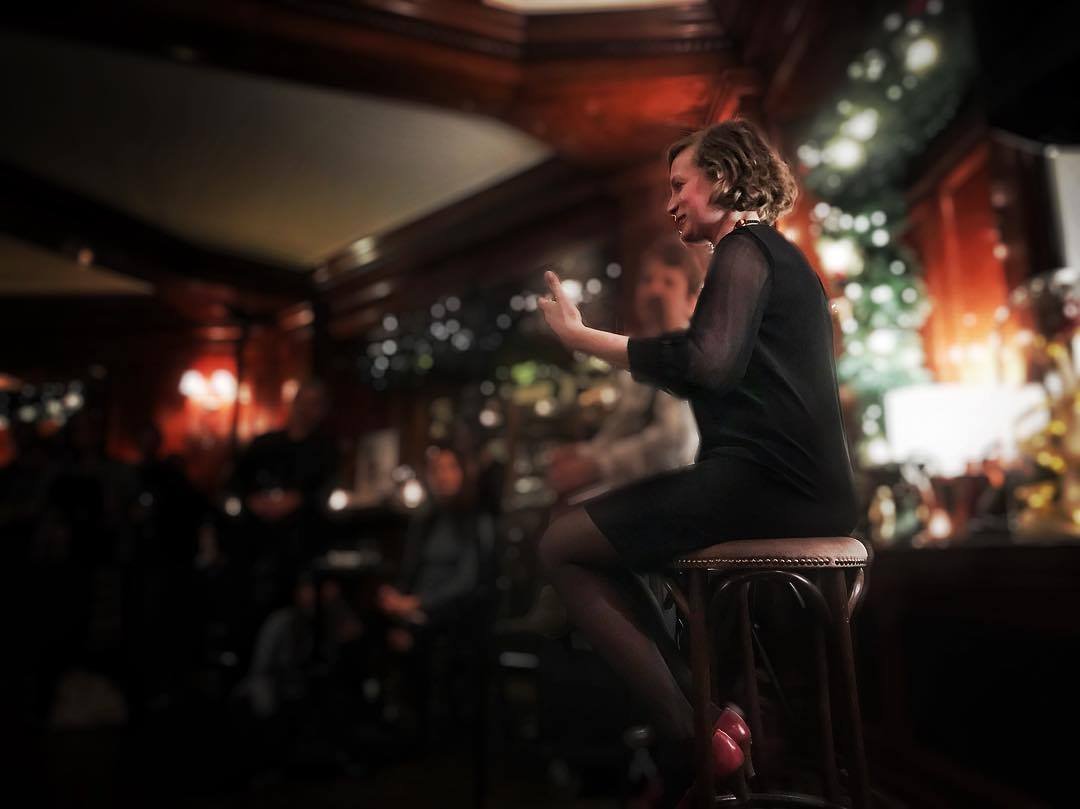
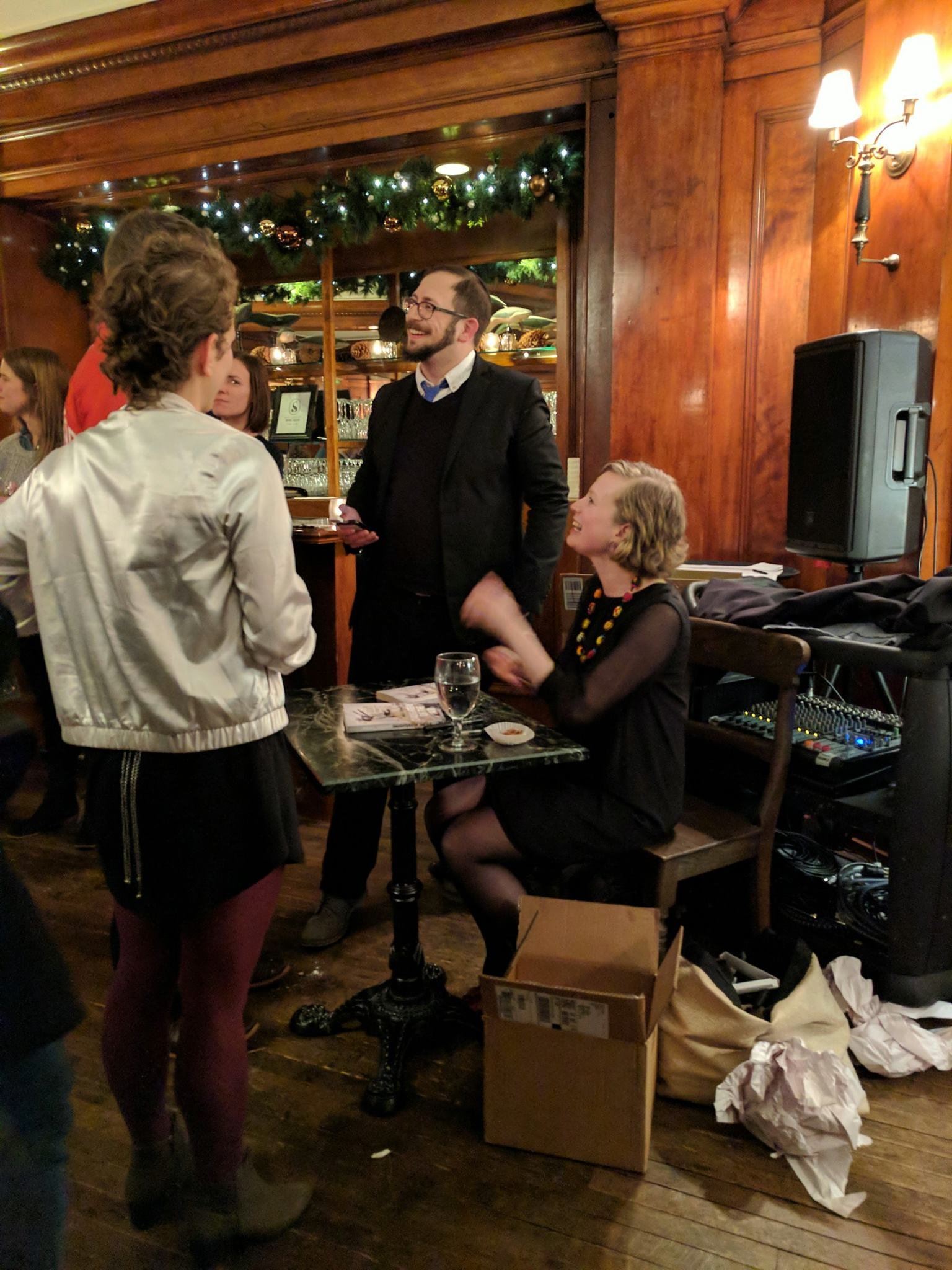
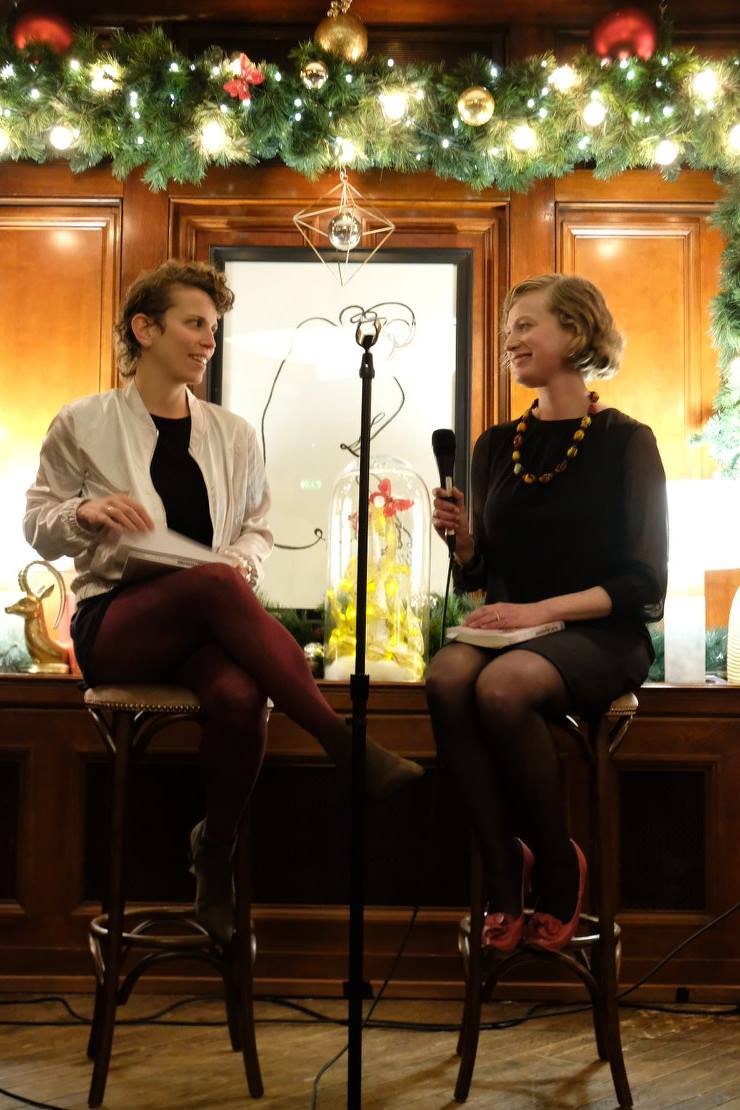
I had a delightful time chatting with Joy Lanzendorfer yesterday on her radio show “What’s the Story?” which airs on The Krush 95.9 in Sonoma County. You can listen to the podcast here:
Be sure to check out Joy’s novel Right Back Where We Started From, which shares American Dream themes with Dreams Under Glass.
There’s a great review Dreams Under Glass in Windy City Reviews this morning. Florence Osmund writes:
The Dreams Under Glass main storyline is interesting, engaging, and one to which many people will relate. Three story elements—Binnie’s passion for art, her relationship with her boyfriend, and the untimely, suspicious death of one of her co-workers—are woven together into a cohesive and impressive tale.
Read the full review here.
I’m grateful for this great review of Dreams Under Glass in Newcity. Mara Sandroff calls the novel “a sensitive, unsettling look at young adulthood and the contrasts between art, money and greed.” She writes :
Szilágyi is a confident writer with a crisp, clean voice and deep empathy for her characters. ’Dreams Under Glass’ may deal with familiar themes, but Szilágyi treats them with authenticity and grace. In a genre that can err toward cynicism, this comes across as revelatory.
You can read the full review here. Signed copies are available for sale from Exile in Bookville and Women & Children First. Be sure to leave a note in the comments if you’d like a signed copy. Thank you for your support!

